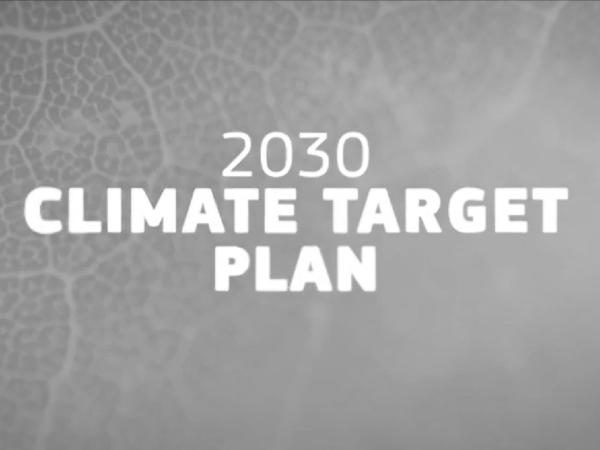
Date: 18 September 2020
Yesterday, 17 September 2020, the European Commission released its plan to reduce EU greenhouse gas emissions by at least 55% by 2030 and to put the EU on a path to become climate neutral by 2050.
In a video statement published in reaction to the climate plan, Bertrand Cazes, Secretary General of Glass for Europe, calls for concrete actions to take place, particularly when it comes to renovating Europe’s ageing buildings. “Huge efforts will have to be made to cut CO2 emissions from buildings” – he says. “The European Commission has said so for many years now and it’s positive this direction is confirmed. But more than a confirmation, what the climate needs now are decisive acts.”
Building renovation is key to achieve climate neutrality and relaunch the EU economy. It is time for bold and effective policies to be developed and implemented to allow the European flat glass industry to prosper and deliver the essential material the EU needs to decarbonise the building sector.
The assessment of Member States’ National Energy and Climate Plans already shows that the EU will not be able to achieve the 32.5% energy efficiency target set for 2030. Without actions supporting the energy renovation of the EU building stock, the new 2030 climate target plan will end up being an inevitable failure.
As Bertrand Cazes ‘The stakes are high for the upcoming building renovation wave’. It’s about the climate but also about recovery in an industry heavily impacted by the COVID-19 crisis.
 600450
600450

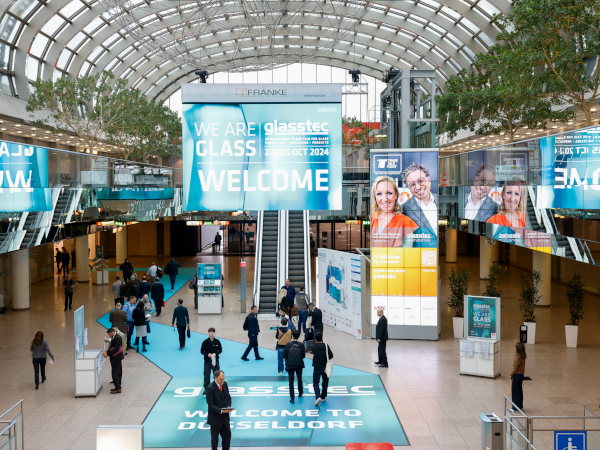
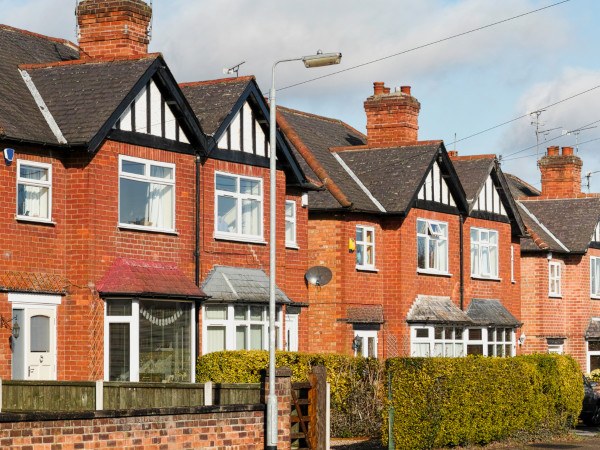
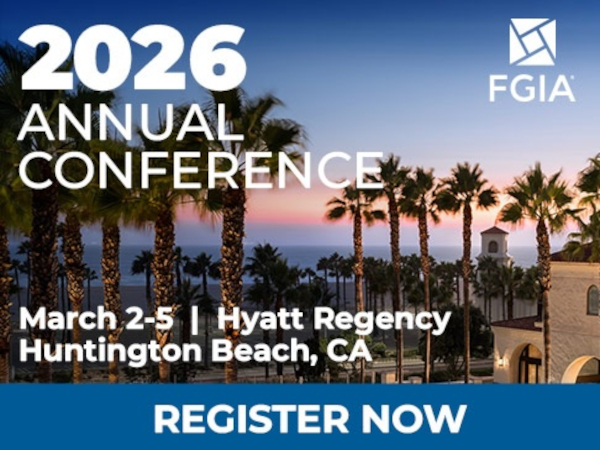
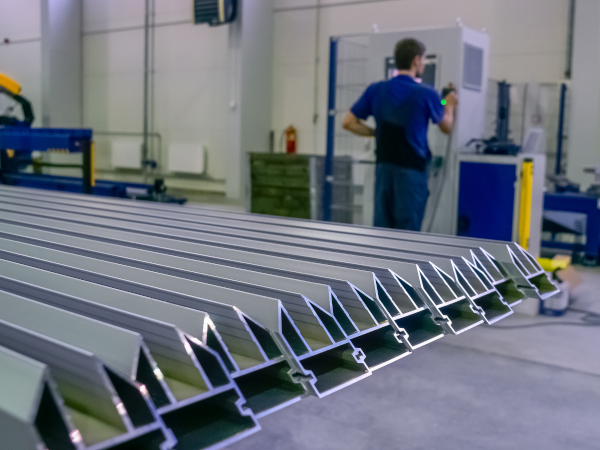
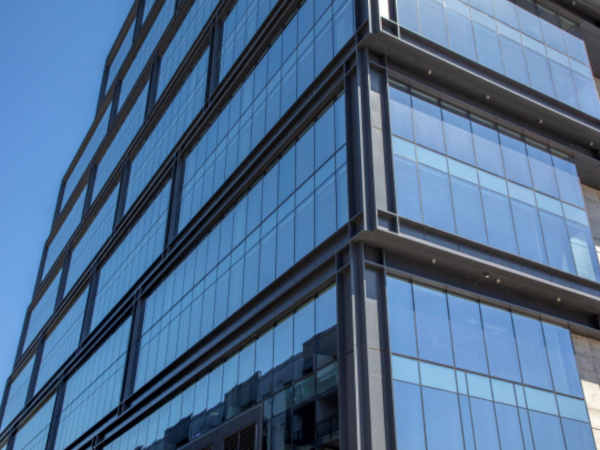



Add new comment